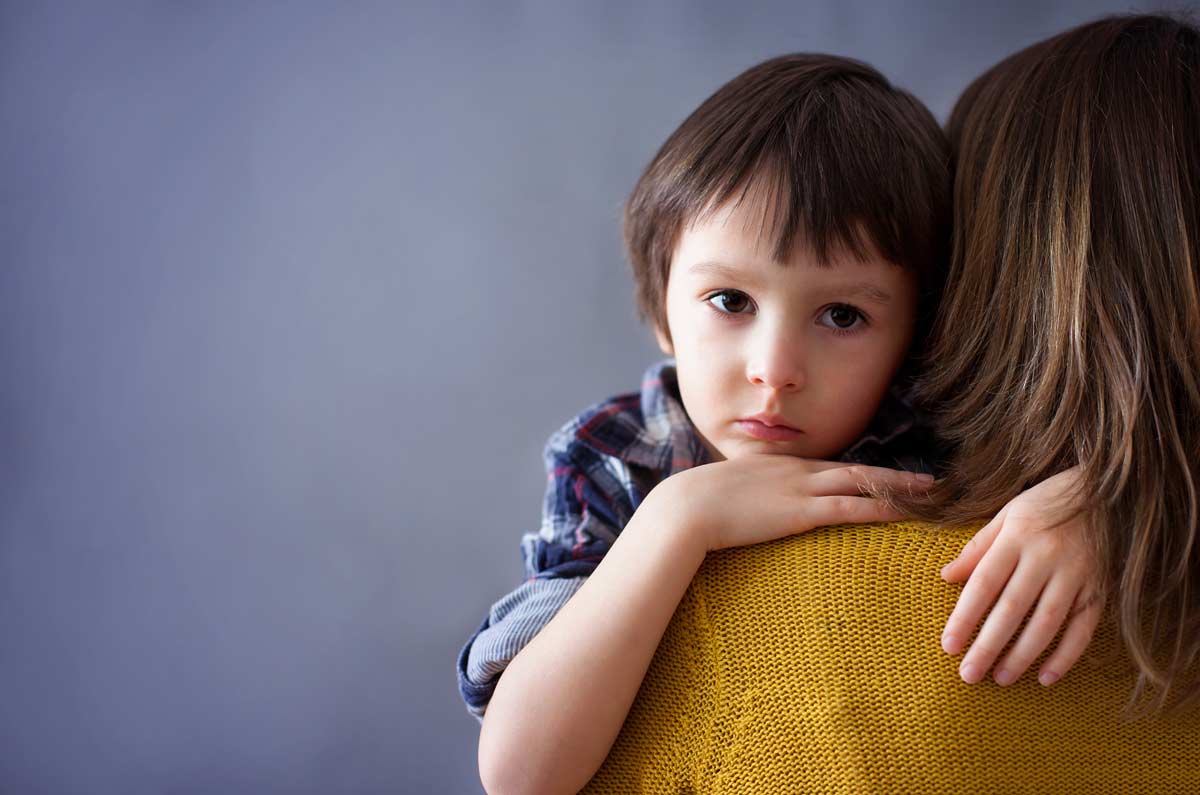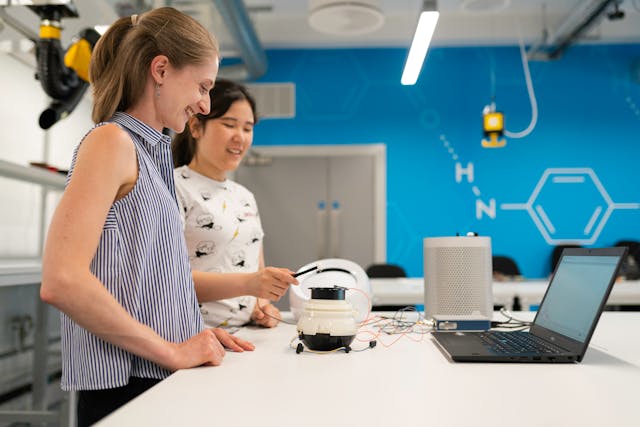As a parent, discovering that your child or adolescent has been diagnosed with clinical depression can be overwhelming and distressing. Depression, often referred to in medical terms as “major depressive disorder,” can evoke a range of concerns, especially given the alarming stories of self-harm and substance abuse frequently highlighted in the media. However, it’s crucial to understand that depression in young people can be effectively treated, allowing them to thrive in their daily lives.
Step One: Education and Family Involvement
Education is the cornerstone of managing depression in children and adolescents. When parents are actively involved in the treatment process, the outcomes are often more successful. Here’s why family education is so vital:
– Symptom Recognition: Understanding the symptoms of depression and their impact on your child’s daily life can help you provide better support.
– Identifying Needs: Family members might recognize their own depressive symptoms and seek necessary treatment.
– Creating a Supportive Environment: Knowing how to assist your child and creating a safer environment (such as limiting access to potentially harmful items) are critical steps.
– Informed Decisions: Learning about treatment options allows families to make well-informed decisions about the best course of action.
– Monitoring Recurrence: Recognizing signs of recurring depression helps in taking prompt action to prevent a relapse.
Treatment Options for Depression
Treatment for depression typically involves psychotherapy (talk therapy) and, in some cases, medication. The severity of the depression and the individual circumstances of the child or adolescent will dictate the specific treatment plan.
– Psychotherapy: Often the first line of treatment, especially for mild depression, involves various forms of therapy, such as Cognitive Behavioral Therapy (CBT) and Interpersonal Therapy. These therapies help young patients understand and manage their thoughts, behaviors, and relationships.
– Combination Therapy: For moderate to severe depression, a combination of psychotherapy and medication is usually recommended. This approach increases the likelihood of symptom improvement and better overall functioning.
Psychotherapy: Talking Through Depression
Psychotherapy helps children and adolescents understand and manage their depression. Sessions typically occur weekly and involve discussing feelings, thoughts, and behaviors with a therapist. Key types of psychotherapy include:
– Cognitive Behavioral Therapy (CBT): Helps identify and change negative thought patterns and behaviors.
– Interpersonal Therapy: Focuses on improving relationships and social functioning.
– Family-Based Interpersonal Therapy: Involves the family, focusing on the child’s relationships with parents and peers, especially for younger children.
Medication: When Is It Necessary?
For moderate to severe depression, medications, particularly selective serotonin reuptake inhibitors (SSRIs), are commonly prescribed. SSRIs like fluoxetine (Prozac) and sertraline (Zoloft) help restore the chemical balance in the brain, alleviating depressive symptoms. It’s crucial to discuss the benefits, risks, and potential side effects of these medications with your healthcare provider.
Key Considerations
– Expected Benefits and Risks: Understanding how the medication works and its possible side effects.
– Dosage and Timing: Following the prescribed dosage schedule.
– Monitoring for Side Effects: Close monitoring, especially during the first few weeks, to manage any adverse effects.
– Potential for Suicidal Thoughts: While there’s a slight risk of increased suicidal thoughts in young people starting antidepressants, untreated depression poses a much higher risk.
Other Treatment Options
In cases where depression is severe and unresponsive to conventional treatments, other options like Electroconvulsive Therapy (ECT) might be considered. Though often misunderstood, ECT can be highly effective for severe cases of depression, providing rapid relief.
Conclusion: A Hopeful Path Forward
Depression in children and adolescents is a serious but treatable condition. By staying informed, actively participating in the treatment process, and working closely with healthcare professionals, parents can play a crucial role in helping their child navigate and overcome depression. Through a combination of education, psychotherapy, and medication, young individuals with depression can regain their sense of well-being, develop healthy relationships, and succeed in their endeavors.
Mental health issues can’t wait, and neither should you. At Shiloh Health, we’re dedicated to being here for you. We provide comprehensive mental telehealth services, clinical examinations, and therapy for adults, teens, and children. Prefer an in-clinic appointment? We’ve got you covered. Request for a free 15- minute consultation with us or by calling 682-412-0131. Don’t wait—your mental well-being is our priority.







